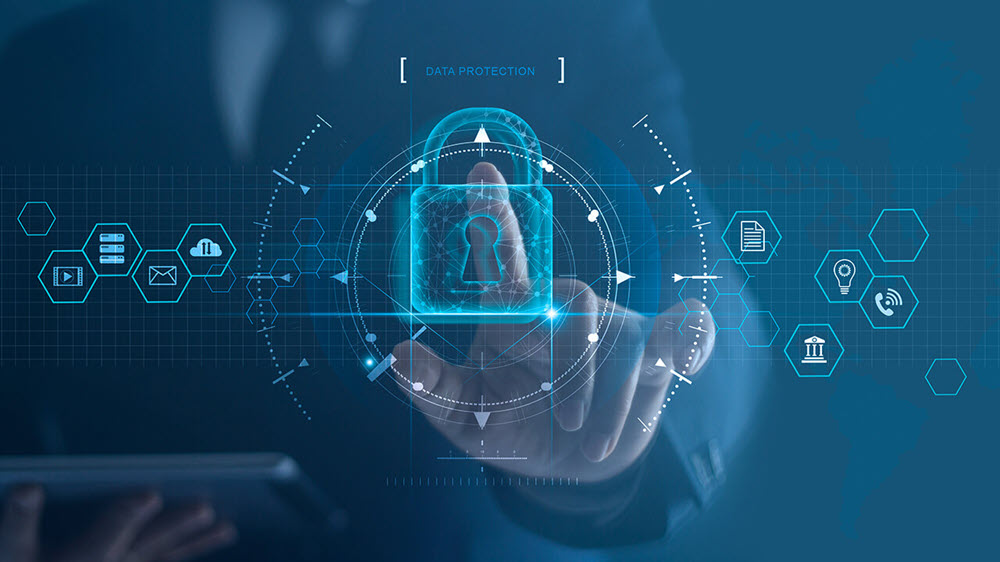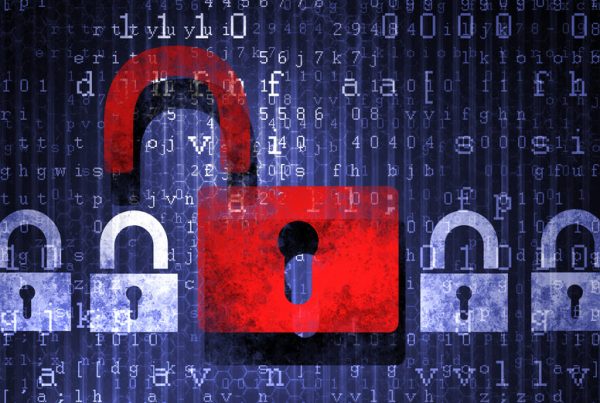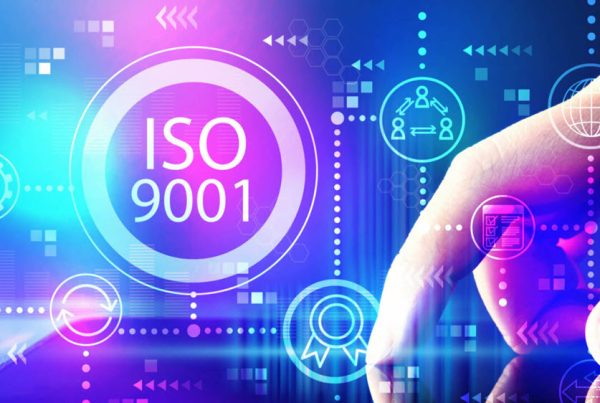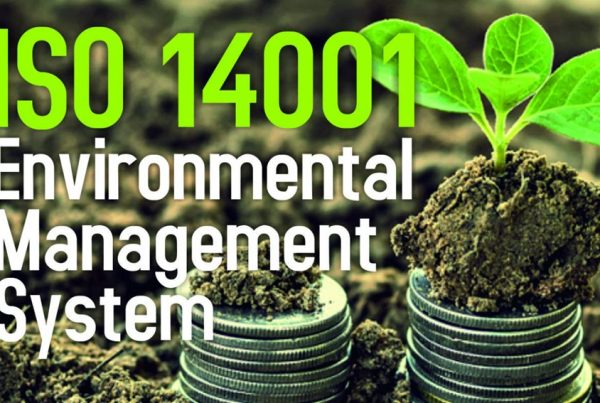Information Security Management System
Organisations use ISO 27001 when it comes to developing an Information Security Management System (ISMS) to maintain information assets in a secure way. Basically, ISMS is a holistic approach in order to protect the confidentiality, integrity and availability (CIA) of the information assets within an organisation. Any type and size of organisation can implement an ISMS to manage the security of information assets such as intellectual property, employee information, financial details, or data handed over by third parties.
Ensuring ISO 27001 Compliance
In the current economic climate where everything has to be cost effective, it is an obvious fact that any sort of additional expenditures can be difficult in the corporate world. In the present era of cloud computing, those entities that aim to limit any sort of extra financial burden without compromising information security are considering ISO 27001 certification in particular. For that reason, the implementation expenditures of ISO 27001 have to be defined by an organisation’s risk perception as well as the scope of its willingness to accept this risk of not doing it in this age of information technology. An ISO 27001 certification can greatly benefit any business, but it is not compulsory just like any of the other ISO management system standards. Some organisation implement an ISO 27001 compliant ISMS to reap the benefits from its best practices and other organisations choose also to get the certification to assure customers and clients of their ISO 27001 compliance.
When an organisation decides to implement an ISMS, then it becomes essential to document the scope of the certification. Another way to say it is defining what information assets need to be covered in terms of information security. ISO 27001 follows the Annex SL structure just like most other ISO management system standards which makes it easier to integrate several management systems into on Integrated Management System (IMS). For example, the components of an ISO 9001 compliant QMS (Quality Management System) has same structure (clause headings) as an ISO 27001 compliant ISMS.
In order to ensure persistent compliance an organisation must perform ISO 27001 internal audits by themselves or outsource their internal audits. The rationale behind internal audit is to ensure consistent compliance with the standard and internal policies and procedures, as well as drive continual improvement. Most organisations conduct their internal audits cycle on an annual basis. However, a specific timeline is not required as long as they are conducted at planned intervals.
The implementation of human resource controls can be ensured by increasing competence through education, training and/or experience on the job. This is to ensure all personnel is competent enough to perform their required activities in a safe approach. This could for example be ISO 27001 internal auditor training, security awareness training and so on to maintain ISO 27001 compliance.
If you are interested in implementing an ISO 27001 compliant ISMS or need support with your internal audits, then contact us for a free consultation and see how we can support with your project.





